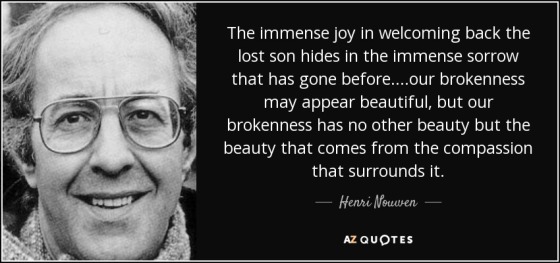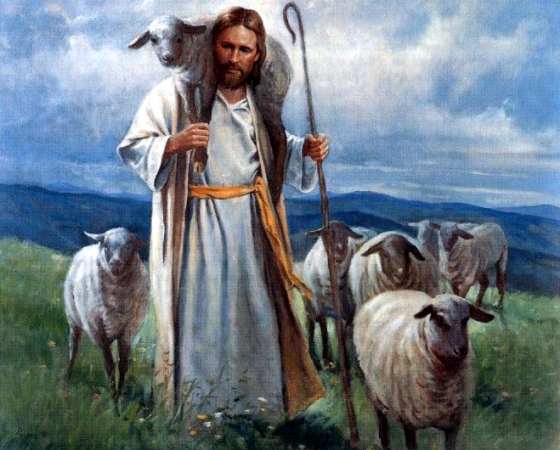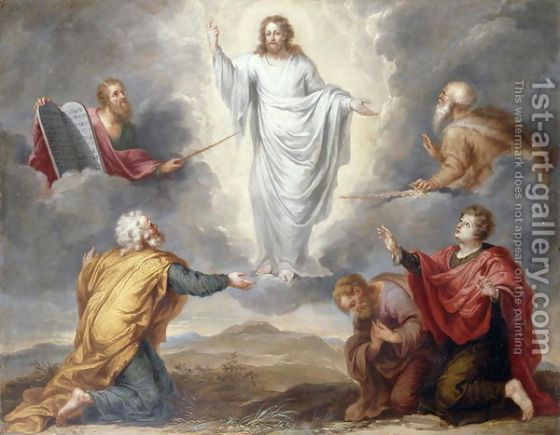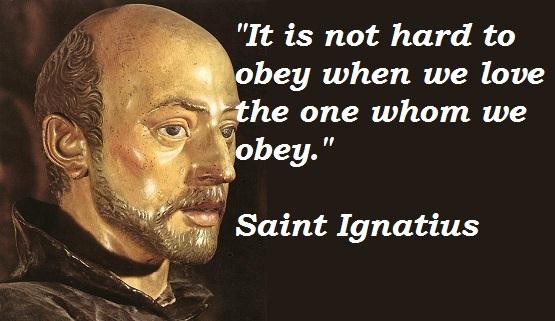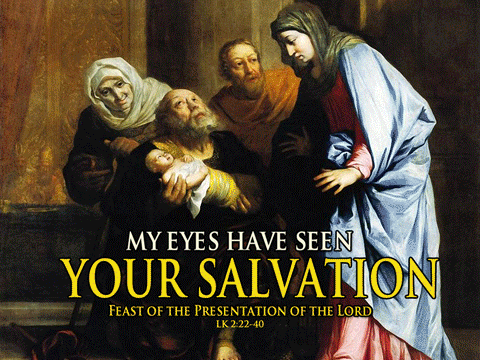AN IMPORTANT PIECE OF A JIGSAW PUZZLE
(A biblical reflection on the 2nd SUNDAY OF LENT [YEAR C], 21 February 2016)
Gospel Reading: Luke 9:28-36
First Reading: Genesis 15:5-12,17-18; Psalms: Psalm 27:1,7-9,13-14; Second Reading: Philippians 3:17-4:1 (Philippians 3:20-4:1)
The Scripture Text
Now about eight days after these saying He took with Him Peter and John and James, and went up on the mountain to pray. And as He as praying, the appearance of His countenance was altered, and His raiment became dazzling white. And behold, two men talked with Him, Moses and Elijah, who appeared in glory and spoke of His departure, which He was to accomplish at Jerusalem. Now Peter and those who were with Him were heavy with sleep but kept awake, and they saw His glory and the two men who stood with Him. And as the men were parting from Him, Peter said to Jesus, “Master, it is well that we are here; let us make three booths, one for you and one for Moses and one for Elijah – not knowing what he said. As he said this, a cloud came and overshadowed them; and they were afraid as they entered the cloud. And a voice came out of the cloud, saying, “This is My Son, My Chosen; listen to Him!” And when the voice had spoken, Jesus was found alone. And they kept silence and told no one in those days anything of what they had seen. (Luke 9:28-36 RSV)
The amazing episode of the transfiguration of Christ in today’s Gospel is somewhat like an important piece of a jigsaw puzzle. It is really just one part of a big picture, and we need all the pieces to make sense out of it. One week before the event Jesus had made the third prediction of His passion to His apostles. He told them that He would go up to Jerusalem and that there He would be mocked, scourged and put to death, but that He would rise on the third day. The prediction of His death was such a shock and a disappointment to the apostles that they scarcely even heard the words about resurrection. They were downcast and dejected.
Jesus realized that His passion would be a difficult experience for His apostles, especially for Peter, James and John, the three apostles who would witness His agony in the garden. And so in the transfiguration Jesus wished to give at least these three apostles a hint of what His future glory through His death would be like. The transfiguration was meant to serve as a bolstering of their faith and hope. This event pointed out the big piece in the puzzle of the life of Christ that would make the whole picture make sense. That one big piece was the resurrection of Christ from the dead. Moreover, the apostles heard the words of God the Father. “This is My Son, My Chosen” (Luke 9:35). These words should have made them realize that God would not abandon His Son in the grave nor allow His Chosen One to undergo the corruption of the dead (see Psalm 16:10). Death for Jesus, accepted in loving obedience to His Father, would mean life and glory.
The full picture of the life of Christ is as important to us as it was to the apostles. The reason is that our lives are meant to follow the pattern of Christ’s life. When Jesus made the prediction of His passion a week before the transfiguration, He added these important words for all of us: “If any man would come after Me, let Him deny Himself and take up His cross daily and follow Me” (Luke 9:23). To be a Christian means to be like Christ. If He had to suffer, we can expect the same. But if we suffer with Christ in loving obedience, we can also expect to live with Him in happiness forever.
Without Christ, life is the craziest of jigsaw puzzles. All of its frustrations and sorrows simply do not make sense. Without Christ it is absurd to be born into this world, to struggle for survival,, to work long and hard, and to find but a drop of happiness in the ocean of human misery and suffering. Though it is true that many lives are not that dismal, every human being must face the dark, deep mystery of death. Is life meant to be nothing more than a vain struggle for a modicum of joy and satisfaction, a struggle that is terminated after a relatively short span of time by the awesome conclusiveness of death?
Jesus shows us that life is not absurd, only paradoxical. He teaches us that it is in unselfishness that we will find satisfaction, in suffering that we will come to happiness, and in dying that we will come to eternal life. That is what He meant when He said, “Whoever would save his life will lose it; and whoever loses His life for My sake, He will save it” (Luke 9:24). In today’s Gospel, God the Father Himself warns us that we must listen to Jesus. And indeed, not only must we listen to Him, but also follow His example of taking up the cross in loving, willing obedience to God.
Life is indeed a puzzle, like the jigsaw puzzle we used to play with as kids. The love of Christ is the picture on the box of life of life that tells us how the puzzle is supposed to turn out.
Prayer: Heavenly Father, we realize that we cannot complete the puzzle of our own lives until we have fitted in the most important piece of all, our sharing in the resurrection of Christ. By the power of Your Holy Spirit, help us Lord. Amen.
Jakarta, 16 February 2016
A Christian Pilgrim

